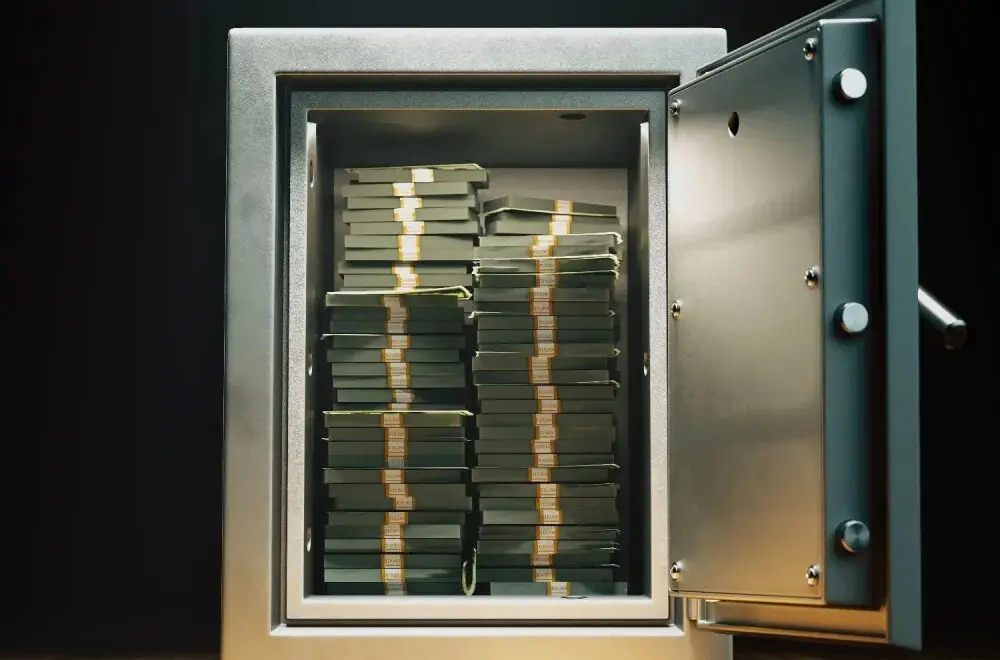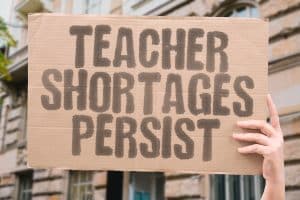Written by Chuck Collins and Bella DeVaan
For as long as we can remember, the end of the calendar year has marked the start of America’s giving season.
The holidays that light up our darkest months also invite us to celebrate (and practice!) generosity. Food banks, youth groups, arts and civic organizations, and community service programs heavily depend on the support they receive in November and December.
Year-end giving is big for tax purposes, but many people donate without regard to whether they’ll get a deduction. In fact, fewer than 10 percent of donors claim a tax deduction for charitable giving.
The super-wealthy, who do take advantage of itemizing their tax returns, give differently. They give more to large hospitals and universities, where you can get your name on a building. That kind of giving can be valuable too.
But a less visible difference is crucial to recognize.
Increasingly, wealthy donors are parking money in entities they control, like private foundations and donor advised funds (DAFs). These intermediaries then, in theory, donate money to working charities.
But private foundations are only required to “payout” 5 percent of their assets a year to these other charities. And DAFs have no requirement to payout at all. So wealthy donors bank their tax break immediately, but the donated funds may remain sidelined for decades.
According to a new report we co-authored, Gilded Giving 2024: Saving Philanthropy from Wall Street, over 35 percent of all charitable donations now go to one of these two intermediaries.
There’s now $1.7 trillion parked in private foundations and DAFs — money that could be flowing to working charities in a timely way to solve problems. We estimate that by 2028, half of all donations will go to private foundations and DAFs.
READ: A Fair Tax Agenda for Wall Street
As wealth has concentrated in fewer hands over the last four decades, so has this kind of dubiously “charitable” giving — a trend we call “top-heavy philanthropy.” And it’s increasingly profitable for financial advisers to the ultra rich.
Wall Street financiers promote DAFs as a way for donors to receive immediate tax reductions in the year they give, but then they sit on those funds and collect wealth management fees. The financiers have no financial incentive to ever see the money go to a mental health center, food bank, community theater, or other working charity. It’s more profitable for them to keep assets under management.
The rest of us subsidize this system. For every dollar a billionaire donates to charity, including to their own foundation or DAF, the rest of us chip in up to 74 cents in the form of lost tax revenue.
So how did we get a charity system that works for multi-millionaire donors and wealth managers but not for nonprofit charities, small donors, and the taxpaying public? In part, it’s because lobbyists for the financial industry and DAF sponsors fight vigorously against any change.
But a growing coalition of donors, nonprofit charities, and people who care about tax fairness are pushing back. They point out that lawmakers could easily fix the rules to increase the flow of charitable funding, increase transparency, and shut down the tax avoidance and self-dealing practices currently corrupting philanthropy.
The message is getting across. A 2024 Ipsos poll found that 71 percent of respondents believe Congress should raise the annual payout rate for private foundations and require the same for DAFs. Across the political spectrum, a clear majority of Americans believe if a donor gets a tax break, they should move the money in a timely way to a working charity.
READ: For Progressives, the Best Defense Is a Good Offense
So, big donors: You want a tax break? Make sure the money gets to a working charity — and fast. You want other taxpayers to subsidize your giving preferences? Tell us where the money’s going.
Don’t like these rules? Then don’t ask the rest of us to subsidize it. Let’s make sure the season of giving actually centers on giving, not hoarding.
Chuck Collins directs the Program on Inequality at the Institute for Policy Studies. Bella DeVaan is the Associate Director of the IPS Charity Reform Initiative.
This op-ed was distributed by OtherWords.org.






